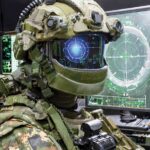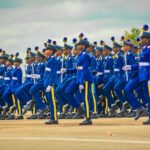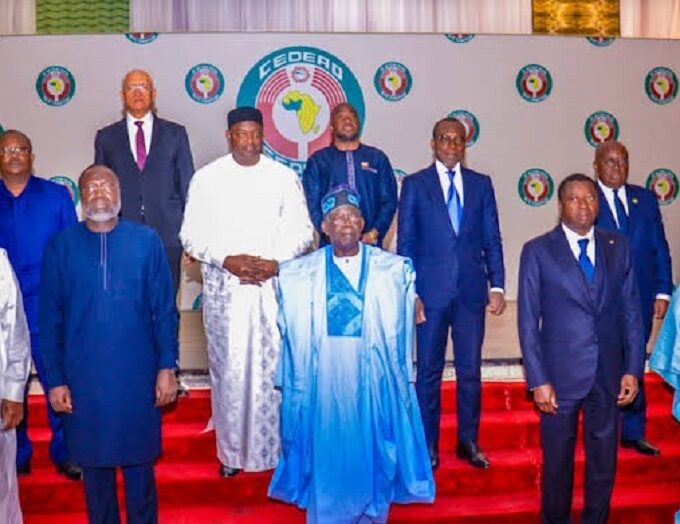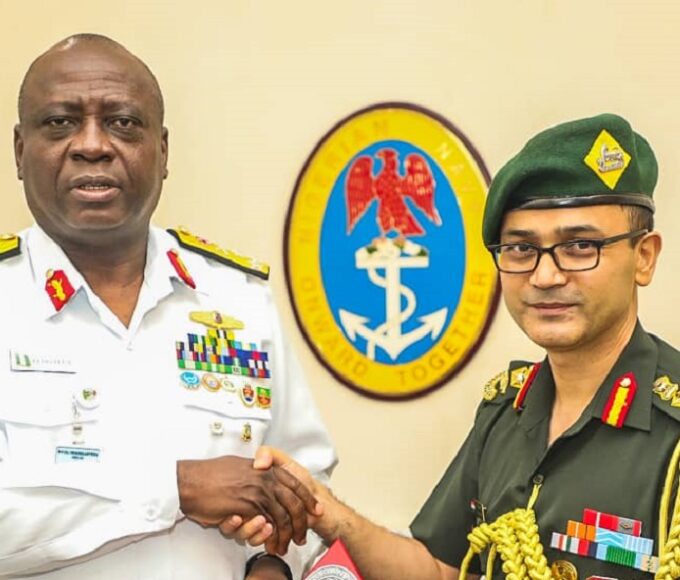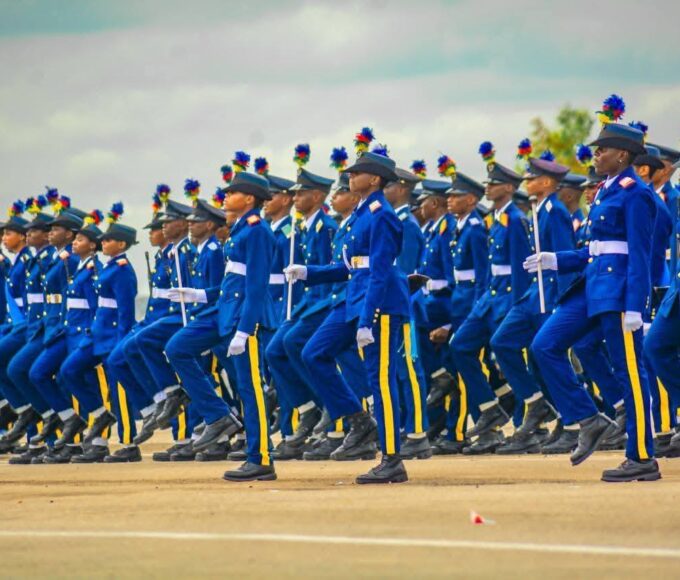Africa’s Top Military Colleges: Shaping Tomorrow’s Commanders
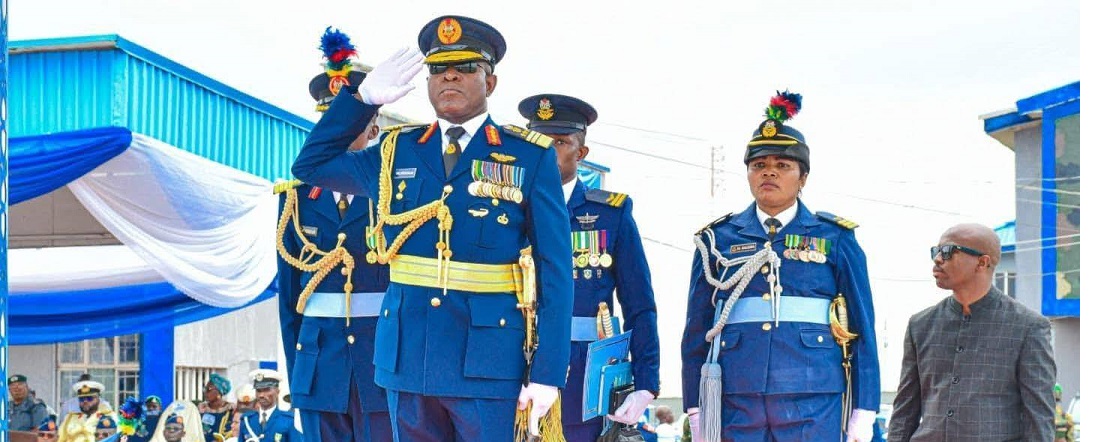
As Africa navigates a rapidly evolving security environment—marked by hybrid warfare, insurgency threats, and cross-border conflicts—the role of military education has become paramount. Across the continent, elite defence colleges are being reimagined not just as institutions for drill and doctrine, but as strategic hubs for producing well-rounded, ethically grounded, and operationally ready commanders. From Cairo to Pretoria, Africa’s top military colleges are laying the intellectual and tactical foundations for a new generation of leaders.
This article examines the rise and evolution of leading African military colleges, their shifting training priorities, institutional reforms, and the regional influence they exert in shaping the continent’s defence ecosystem.
Why Military Colleges Matter Now
Traditional training regimes are no longer sufficient for the complexity of 21st-century warfare. Africa’s military colleges are stepping into this gap by:
- Integrating joint-force training and multidomain awareness
- Preparing officers for international peacekeeping and coalition operations
- Cultivating strategic thinking alongside field command capability
- Offering exposure to cyber operations, counter-terrorism, and civil-military relations
- Creating a pool of future military diplomats and defence technocrats
With growing emphasis on professionalisation and doctrine harmonisation, these institutions are not only creating warriors—they are cultivating thinkers and statesmen in uniform.
Leading Military Colleges Across Africa
- Kofi Annan International Peacekeeping Training Centre (KAIPTC), Ghana
Globally respected for its role in peace operations training, KAIPTC integrates regional conflict analysis, negotiation skills, and humanitarian law into its officer development curriculum. Over 20,000 personnel have passed through its doors since 2004.
- Nigerian Defence Academy (NDA), Nigeria
As West Africa’s oldest military academy, NDA Kaduna has transitioned from basic officer preparation to advanced military education with a focus on asymmetric warfare, counter-insurgency, and leadership ethics.
- South African National War College (SANWC), South Africa
SANWC blends academic rigour with real-world scenario planning. Officers are trained in campaign design, civil-military coordination, and conflict resolution using regional case studies and joint simulation labs.
- Royal Moroccan War College (EEM), Morocco
With strong ties to NATO and EU defence academies, Morocco’s premier war college incorporates North African geopolitics, Arabic-French bilingual modules, and desert warfare into its command-level courses.
- Ethiopian Defence War College (EDWC), Ethiopia
Shaped by Ethiopia’s long military tradition, EDWC emphasises resilience, border defence strategy, and peace enforcement, alongside historical lessons from regional conflicts and multilateral operations.
Core Features of Africa’s Military Colleges
- Doctrine-Centric Curricula: Rooted in both national defence strategies and African Union security frameworks
- Joint-Service Training: Army, navy, and air force officers train together in scenario-based exercises
- Academic-Military Integration: Degrees in defence economics, security studies, and strategic leadership offered alongside military training
- Simulation and Case Study Analysis: Officers evaluate past African military operations to understand success and failure patterns
- Language and International Exposure: Courses often delivered in French, English, or Arabic, with exchange programmes for regional synergy
Benefits of Elite Military Training
- Enhanced Strategic Capability
Institutions produce graduates who can think beyond tactical objectives to national and regional defence imperatives. - Peacekeeping Readiness
Graduates are primed for deployment in AU, UN, and ECOWAS missions, increasing interoperability and professionalism in the field. - Doctrinal Harmonisation
Regional military colleges align training doctrines, reducing friction during joint operations and fostering shared military cultures. - Civil-Military Cohesion
Colleges now integrate governance, media relations, and human rights law, equipping future leaders for multidimensional engagement.
Challenges and Limitations
Despite their strategic value, Africa’s top military colleges face a variety of challenges:
- Infrastructure Decay: Many institutions still operate with outdated facilities and inadequate simulation labs.
- Brain Drain: Talented instructors are often poached by international missions or private security firms.
- Political Interference: Curricula are at times manipulated to reflect political ideologies rather than operational imperatives.
- Resource Inequality: Francophone and Anglophone institutions often operate on vastly unequal financial and equipment scales.
- Limited Female Participation: Despite gains, few women reach senior levels in these institutions, restricting diversity in command ranks.
Selected Military College Programmes (2023–2025)
| Institution | Flagship Course | Description |
| KAIPTC, Ghana | Leadership in Peace Ops | Focus on mediation, civil-military engagement, and strategic communication |
| NDA, Nigeria | Advanced COIN Tactics | Real-world counter-insurgency simulations based on Northeast Nigeria |
| SANWC, South Africa | Joint Warfare Strategy | Emphasis on operational art, strategic planning, and policy formulation |
| EEM, Morocco | North African Security Complex | In-depth analysis of trans-Saharan terrorism and energy security |
| EDWC, Ethiopia | Military Ethics and Command | Values-based leadership training with lessons from historical campaigns |
Recommendations for Advancing Africa’s Military Colleges
- Standardised Accreditation: Pan-African recognition of military degrees to facilitate cross-border officer mobility
- Increased Female Enrolment: Targeted recruitment and leadership incentives for women in command courses
- Defence-Academic Partnerships: Link colleges with regional think tanks, universities, and policy centres for deeper research capacity
- Digital Integration: Expand e-learning, simulation, and AI-assisted wargaming into traditional curricula
- AU-Led Coordination: Establish a continental council for military education reform under the African Peace and Security Architecture (APSA)
Strategic Hubs for a New Era
Africa’s leading military colleges are not simply repositories of tradition—they are blueprints for a future defence leadership that is regionally savvy, ethically grounded, and strategically aligned. As the continent prepares for a new era of multidimensional threats and opportunities, these institutions will serve as vital incubators of command excellence.
Whether confronting insurgencies in the Sahel, patrolling the Gulf of Guinea, or participating in AU standby missions, tomorrow’s commanders will increasingly bear the intellectual imprint of these elite academies.
Training Snapshot (2023–2025):
- Total active military colleges in Africa: 45+
- Estimated officer throughput: 10,000 annually
- % of AU peacekeepers trained at regional colleges: 70%
- Women’s enrolment in command-level training: 8–12%
- Countries with joint-service curricula: 15+
King Richard Igimoh, Group Editor ALO
King Richard Igimoh, Group Editor African Leadership Organisation is an award-winning journalist, editor, and publisher with over two decades of expertise in political, defence, and international affairs reporting. As Group Editor of the African Leadership Organisation—publishers of African Leadership Magazine, African Defence & Security Magazine, and Africa Projects Magazine—he delivers incisive coverage that amplifies Africa’s voice in global security, policy, and leadership discourse. He provides frontline editorial coverage of high-profile international events, including the ALM Persons of the Year, the African Summit, and the African Business and Leadership Awards (ABLA) in London, as well as the International Forum for African and Caribbean Leadership (IFAL) in New York City during the United Nations General Assembly.
Recent Posts
Categories
- Air & Aerospace17
- Border Security15
- Civil Security6
- Civil Wars4
- Crisis5
- Cyber Security8
- Defense24
- Diplomacy19
- Entrepreneurship1
- Events5
- Global Security Watch6
- Industry8
- Land & Army9
- Leadership & Training5
- Military Aviation7
- Military History27
- Military Speeches1
- More1
- Naval & Maritime9
- Policies1
- Resources2
- Security12
- Special Forces2
- Systems And Technology9
- Tech6
- Uncategorized6
- UNSC1
- Veterans7
- Women in Defence9
Related Articles
BREAKING BARRIERS: AFRICAN WOMEN REDEFINING DEFENCE LEADERSHIP
Across Africa, a subtle but consequential shift is taking place in one...
ByKing Richard Igimoh, Group Editor ALOJanuary 6, 2026LIFE AFTER COMMAND: HOW AFRICAN GENERALS TRANSITION TO CIVILIAN LEADERSHIP
Africa’s political history is closely intertwined with its military institutions. For decades,...
ByKing Richard Igimoh, Group Editor ALOJanuary 5, 2026Mentorship and the African Soldier: The New Era of Officer Cadre Development
In African military institutions long defined by rank, rigidity, and routine, a...
ByKing Richard Igimoh, Group Editor ALOAugust 1, 2025Inside the Transformation of the Nigerian Defence Academy
As Nigeria confronts a spectrum of 21st-century security challenges—from insurgencies and piracy...
ByKing Richard Igimoh, Group Editor ALOAugust 1, 2025





